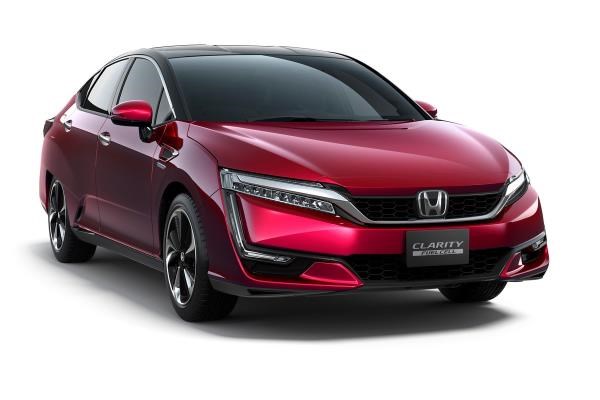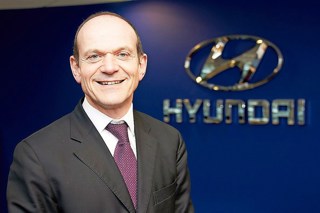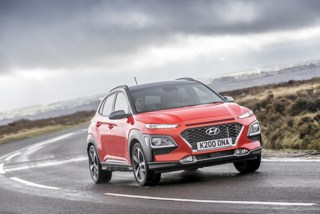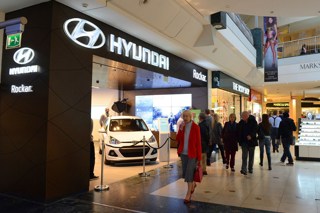General Motors Co and Honda have announced a manufacturing joint venture to mass produce an advanced hydrogen fuel cell system that will be used to power future products.
Mass production of fuel cell systems is expected to begin around 2020 at Fuel Cell System Manufacturing, LLC, which will operate within GM’s existing battery pack manufacturing facility site in Brownstown, Michigan, and create nearly 100 new jobs.
The companies are making equal investments totalling $85 million in the joint venture.
Honda and GM have been working together through a master collaboration agreement announced in July 2013, a statement issued by the two brands confirmed.
The companies integrated their development teams and shared hydrogen fuel cell intellectual property to create a more affordable commercial solution for fuel cell and hydrogen storage systems.
“Over the past three years, engineers from Honda and GM have been working as one team with each company providing know-how from its unique expertise to create a compact and low-cost next-generation fuel cell system,” said Toshiaki Mikoshiba, chief operating officer of the North American Region for Honda Motor Co., Ltd. and president and chief executive of American Honda Co., Inc. and Honda North America, Inc.
“This foundation of outstanding teamwork will now take us to the stage of joint mass production of a fuel cell system that will help each company create new value for our customers in fuel cell vehicles of the future.”
Together, GM and Honda have more than 2,220 patents related to fuel cell technology, according to the Clean Energy Patent Growth Index.
GM and Honda rank No. 1 and No. 3, respectively, in total fuel cell patents filed in 2002 through 2015.
Honda began delivery of its all-new Clarity Fuel Cell vehicle to US customers in December 2016 following a spring 2016 launch in Japan.
The Clarity Fuel Cell claims to have a range rating of 366 miles and fuel economy rating of 68 miles per gallon of gasoline-equivalent combined.
“The combination of two leaders in fuel cell innovation is an exciting development in bringing fuel cells closer to the mainstream of propulsion applications,” said Mark Reuss, GM executive vice president, Global Product Development, Purchasing and Supply Chain.
“The eventual deployment of this technology in passenger vehicles will create more differentiated and environmentally friendly transportation options for consumers.”
GM and Honda will also work together to reduce the cost of development and manufacturing through their new agreement and will continue to work with governments and other stakeholders to advance the refuelling infrastructure that is critical for the long-term viability and consumer acceptance of fuel cell vehicles.


















Login to comment
Comments
No comments have been made yet.